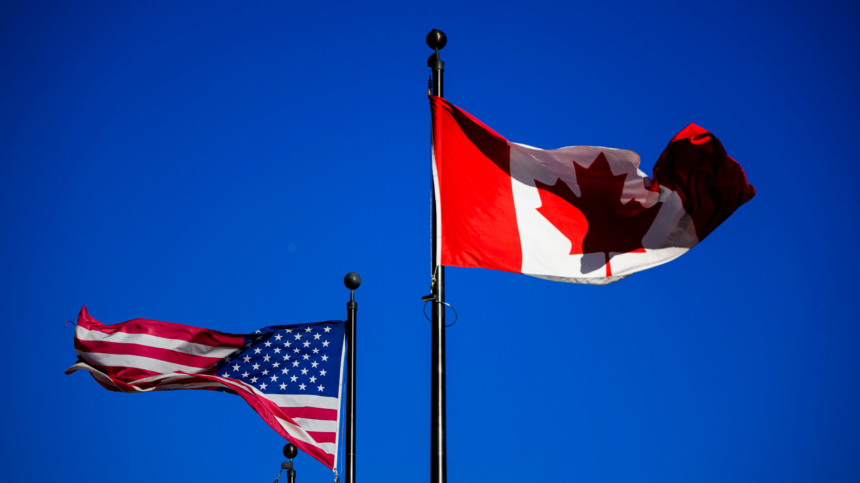
Top 5 Shocking Facts About Alberta’s Push for Separation from Canada
Amid growing frustrations with Ottawa and inflammatory comments from Donald Trump, Alberta’s separatist sentiment is making headlines. Here’s what you need to know.
Introduction: The Rise of Alberta’s Independence Movement
Canada’s upcoming federal election has brought new attention to the simmering anger in Alberta. With President Trump suggesting Canada could become America’s 51st state and continued Liberal dominance expected, many Albertans feel more alienated than ever. The Alberta Prosperity Project is now openly calling for separation—and the stakes for Canadian unity have never been higher.
1. Trump’s 51st State Remark Sparked a Surge in Separatist Sentiment
Donald Trump’s casual suggestion that Canada could join the US reignited conversations about Alberta’s future. While many Albertans dismiss the idea of statehood, the comments fueled resentment against Ottawa and galvanized the Alberta Prosperity Project’s independence campaign.
2. Half of Some Crowds in Alberta Support Leaving Canada
At a recent rally in Lethbridge, half the attendees raised their hands in favor of Alberta separating from Canada—or even joining the United States. While still a minority sentiment overall, this vocal faction reflects a deepening frustration in the province.
3. Alberta Premier Danielle Smith Warns of a ‘National Unity Crisis’
United Conservative Party leader Danielle Smith has publicly warned that unless Alberta’s demands—particularly repealing Trudeau-era environmental laws—are met, a national unity crisis could erupt within six months of the election. Though Smith has dismissed outright separation, critics say her rhetoric has emboldened the independence movement.
4. Western Alienation Is Fueling the Push for Sovereignty
Western alienation—the long-standing belief that Alberta and other prairie provinces are neglected by Ottawa—has deep roots. Many Albertans resent that decisions affecting their oil-driven economy are made by politicians far removed from their reality, especially in eastern provinces like Ontario and Quebec.
5. Separation Remains Unlikely, But Political Pressure Is Growing
Despite the noise, recent polls suggest only about one in four Albertans would currently vote for independence. Yet political analysts warn that even without a successful referendum, the growing separatist sentiment will heavily influence national politics—and the next prime minister, whether Liberal Mark Carney or Conservative Pierre Poilievre, will need to address these divides urgently.
Conclusion: Can Canada Stay United?
Alberta’s independence movement reflects deeper frustrations that cannot be ignored. Whether through greater provincial autonomy or structural reforms, Canada’s leaders must find ways to bridge the East-West divide—or risk a lasting fracture in the nation’s fabric.
For a deeper dive into the history of regional tensions, check out our article on Western Alienation in Canada: History and Future.









